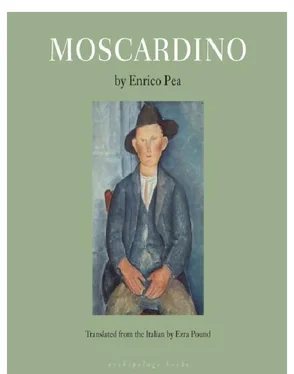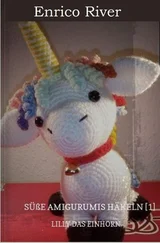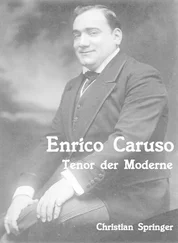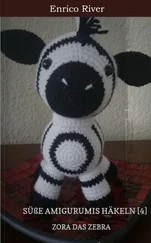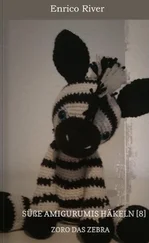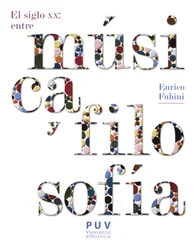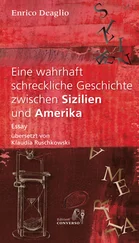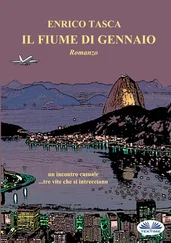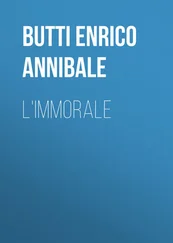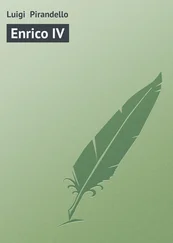Now her mouth was against his ear saying strange words, dizziness in his soul as in the ripples on the water beneath him.
Grumpy remained stock still with his eyes closed, he felt her mouth move away from his ear and fastened to his nape; a circle of fire, a brand to leave lasting mark.
But Cleofe who had brought her milky and blood-tinted face from the mountains now had circles under her eyes and there was a waxen shadow on her clear face. The dark spots that had showed her pregnant had not left with the birth.
Her mouth was no longer cool, her lips were thin now. Only her eyes seemed larger.
Perhaps her thought ran: If I had married a shepherd in my own mountains, now I would be happy. She wept in the daytime, lamenting that she had not enough milk, as have the women of her own village, they have it so that they suckle the lambs. That is abundance.
If she had married a shepherd she would be free, all that milk, all those sons, all that sky and a will to singing. .
And now instead, she was afraid of the man who was her husband in that shadowy house.
Why do you look at yourself in the glass?
You have combed your hair to look prettier.
Why do you want to look prettier?
If someone went by in the street, if anyone stood near a window in one of the neighboring houses, if someone knocked at the door to collect a bill or bring a message, there was a bloody row.
Everything was in turmoil and chaos in my grandfather’s mind.
Cleofe did not answer, ever. She obeyed, she looked terrified. Her face was full of suspicion, like that of my grandfather’s, unquiet.
He wanted her not to wash, so that she would be ugly; to leave her hair uncombed, to wear the country clothes that she had brought with her, out of date, of grey flannel, plowman’s shoes, canvas aprons, fichus crossed on her breast.
That she should look badly, that she should dress like an old woman so that no one would look at her.
And even so my grandfather found her more beautiful, too beautiful. It was the majesty of her figure; unsuppressible by the clumsiness of old-fashioned clothes. Taking from her the grace of fashion, her beauty shone through as a joke, almost as a dream, as if she were a girl of past time.
Sometimes he wanted to feel he was right, tortured himself, helping her to put on her good clothes.
A new dress of shot silk, with a white front and a low lace collar.
He wanted her to put on the necklace of gold beads with a cross, and with her hair coiled round her cheeks and ears as when she had come down from the hills. Then he watched her move away, his eyes fixed on her as if in a vision, as something no longer his.
He wanted her to stand on the balcony so that the sunlight could play over her dress, so the gold beads could come to life, so that her face would seem again compound of milk and blood.
He forced himself to indifference before the serenity of that wax Madonna, leapt as it were of a sudden from among the rays of God to his balcony.
But if anyone passed and turned unexpectedly, if a shadow showed at a window of a house opposite, the spell broke and his being was shattered, trembling, brute jealousy leapt back with all its instincts, he slammed shut the window to shut out the sun’s kindness, he tore the gold beads from Cleofe’s neck, trampled them, tore the shot silk dress to tatters, tore it with his teeth, stripped it off her.
Cleofe grew worse.
The doctor came to the house and my grandfather had a new war within him, everything in him on fire, so that if he concealed his anguish it shone terribly through his eyes.
Cleofe wanted to get well again.
And the doctor’s presence increased my grandfather’s torment, drop by drop, a whirling torrent, that Cleofe felt with terror.
The doctor had looked at her breasts, had felt her belly, pressed his head between her shoulders to listen, and tapped her white body all over. Cleofe felt it would drive my grandfather off his head. She wanted all the while to get well.
Her heart beat so hard, her legs trembled, now and again she felt a wave of heat pass over her face.
She wanted at all costs to get well.
She got up too soon. It was mid-September, a month of nostalgia for Cleofe, busy time in the mountains, getting ready the logs for the chestnut drying, they would smoke early this year as it had hardly rained all the summer.
The chestnuts were beginning to ripen in their burrs. The burrs had grown big, the nuts were full and meaty. They’ll be smoking ’em early this year.
She stood by the window. Below was an arbor with ripe grapes hanging to the lattices. The arbor stripped of leaves with the wire braces, with the fronds and tendrils still branching, the dead branches bent with the weight of grape clusters, the shoots sticking out at the top with unopened butts.

A September already cold, though fanned with scirocco, a few reddish clouds, rain’s sheeplets feeding in grassless meadow.
Heaven calm, but unlit, a grey dampness pervading the house and a will to let the eyes close.
My grandfather held her up by the balustrade, and she looked down into the courtyard or gazed at the light gallop of far clouds going mountainward.
The square orange flowers that had given fragrance in springtime were now dark balls in the lighter leaves.
In the tubs from Montelupo the small flowers were drowned, the water sloshing to the brim was tinted with the red cinnabar brick paint. My grandfather drew her from the balcony into his arms, put his palms against her shoulders, rubbed the backs of her hands, stroked down her arms, her flanks, her legs down to her feet, and lamented: Cleofe, you are too lovely, you are what is driving me mad, my despair, lifelong despair. Cleofe, I shall have no peace, I shall have no peace as long as you are alive. . and I am alive. Cleofe, death is good. Death is good.
Cleofe repeated: death, and turned her eyes away, and toward the child in its cradle; which, awakened by the noise, kicked and screamed. To die. My grandfather had a knife in his hands. Cleofe, I can’t kill you.
He fell on the knife, slitting his belly.

The first person to reach the door was “that woman,” who had kissed Grumpy by the well-curb.
Then the doctors who put my grandpa in a straight waistcoat and sewed up his stomach.
He was off his head and didn’t notice he was being carried away.
When Sabina, the woman who had kissed Grumpy at the well-curb, came in and saw my grandfather with his stomach slit, twitching on the ground, she ran to call her padrone, Don Pietro, Pietro Galanti who lived next to us and whose house had two doors, one on the tiled street and the other giving onto the courtyard toward the well. The abbé Don Lorenzo walked behind Sabina bobbing along to catch up. He went up Don P.G.’s stairs while she was calling the priest, he fetched out the silver crucifix and the stole and the surplice and the box with the holy objects that was in the downstairs cupboard.
It was not the first time he had scurried to death beds with Don Pietro Galanti and these were the things necessary on such occasions.
Then he fixed Don Galanti’s tunic from behind and helped him to get on with the job as if it were perfectly ordinary and in no way alarming even if the slit stomach belonged to his brother.
Don Lorenzo stood still before Cleofe, smiled, stared at her quite a while with his hands in the folds of his soutane, quite calmly. Now, at any rate the disemboweled was in the hands of all those doctors and could no longer jump on him and tweak the hairs out of his tonsure as he had done in times past.
Читать дальше
